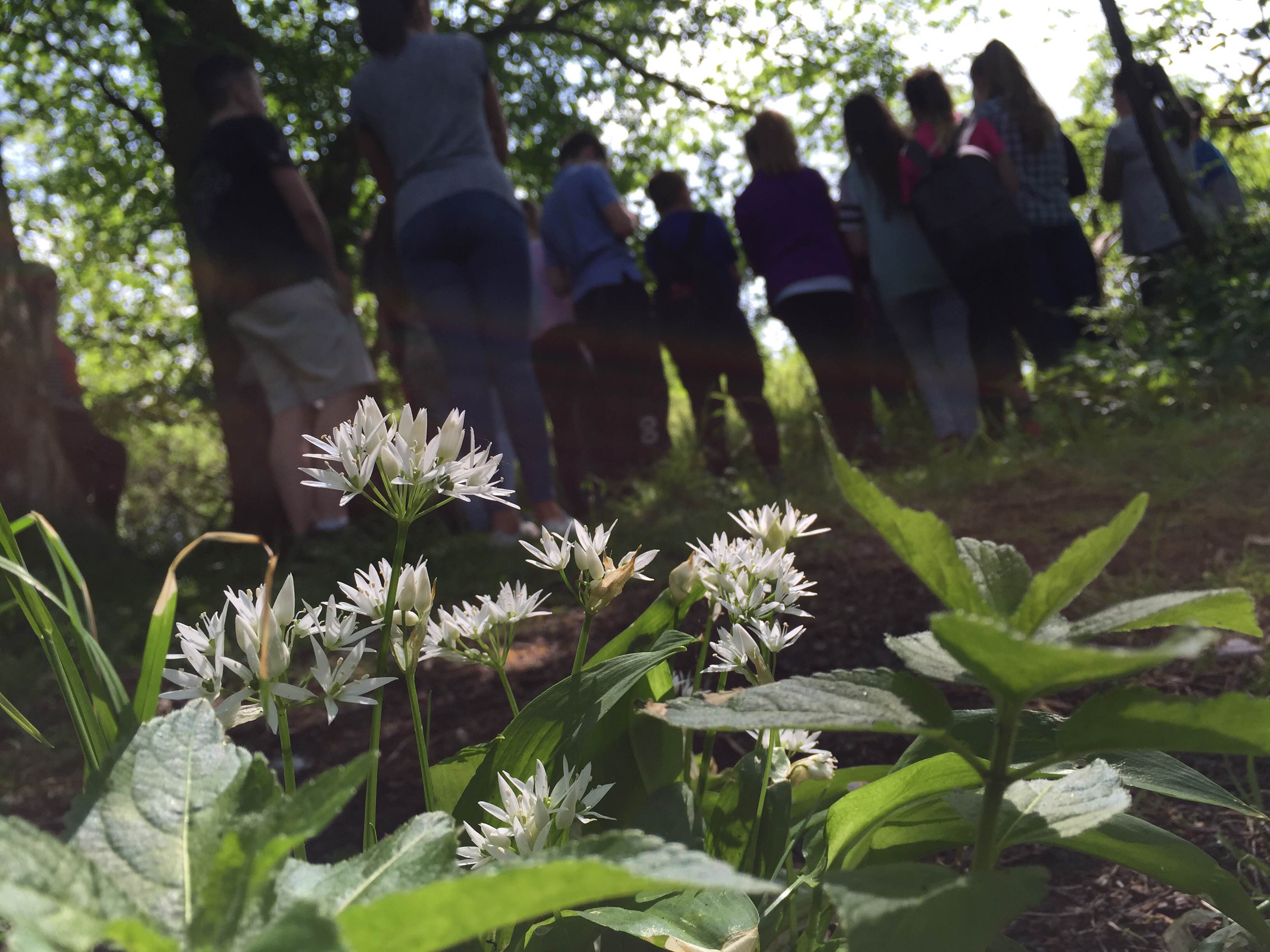Fuzzy Cognitive Mapping developed through John Muir Award research
PhD research project unpacks the Trust’s main engagement scheme as a system intervention for a healthier planet and people.

Connections are increasingly being seen and sought between the issues of environmental sustainability, inequality and population health and wellbeing. The idea that these issues are linked to a wider complex system is not new, but examples and understanding of interventions that can address all three problems are vanishingly rare.
Challenge
Assessing the long-term impact of fixed-duration interventions such as the John Muir Award, is complicated by the multitude of variables (causation) involved and a scarcity of data through lack of research.
Solution
Fuzzy Cognitive Mapping (FCM) draws on practitioner perspective weighted interconnected factors that impact on young people’s nature connectedness and relationship with wild places. FCM converts the relative importance of each positive and negative relationship into numerical values, enabling the use of mathematical simulations to explore how small changes to parts of the model may ripple throughout the entire system.
Early findings
We don’t have a full summary of results yet. However, early results suggest that the lasting effect of the John Muir Award on young people’s nature connectedness comes more from boosting leaders' / practitioner confidence and building a pro-nature group identity than from the initial psychological impact of the Award experience.
Usefulness
As a thinking tool, FCM has proved useful for overcoming a lack of data and bewildering complexity, helping to reconceptualize the impact and limitations of an outdoor learning intervention as part of an interconnected system.
Potential outcomes
As traditional research methods struggle to keep up with a complex and ever-changing landscape of causal relationships, the design and implementation of outdoor learning interventions are often guided by a blend of limited empirical evidence and anecdotal accounts. Consequently, the outcomes of FCM research may hold significant practical importance for the Award as these mental models drive our implementation and shape our interpretation of meaningful impact.
What next?
University of Glasgow research will continue to run different scenarios (youth work, primary, residential, special educational needs, secondary) through the model measuring impact. Analysis and findings will be developed with final submission is likely to be October 2024, before publication.
- If you would like to find out more information on the research, or to contact the researcher, please send us an email.

